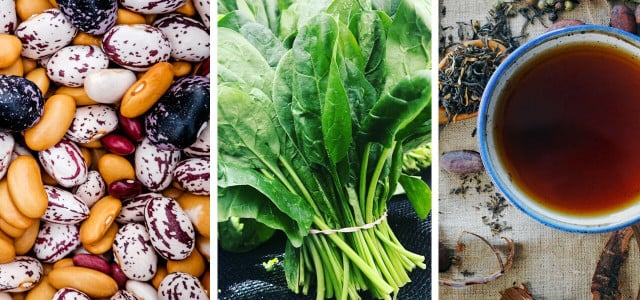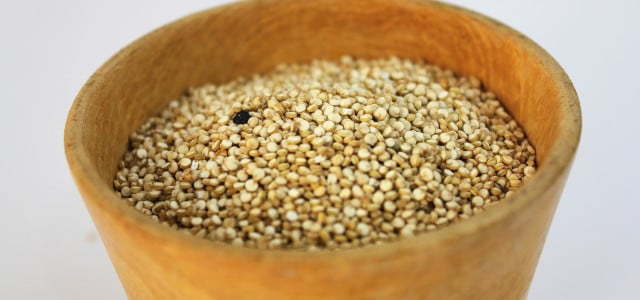Hearing that your food often contains heaps of antinutrients might make you worry: What are they, exactly, and are they harmful to our health and nutritional status?
Antinutrients are natural compounds found in many nutritious plant-based foods like nuts, seeds, legumes, and leafy greens. Many of these plants are full of essential nutrients, and some are even considered superfoods. Yet, some theorize that we should not consume these foods because they contain “antinutrients”, which are plant compounds that affect our uptake of other nutrients and can even be harmful to human health.
So, should we stop eating some of nature’s most potent nutrient boosters because they contain antinutrients? Valid and reliable science says no. Research strongly suggests that antinutrients pose minimal risk and are only a concern for a very small amount of people. Understanding a little more about antinutrients will help you decide if they are helpful or harmful for you.
In this guide, we will cover:
- Phytate
- Tannins
- Enzyme Inhibitors
- Lectins
- Oxalates
- Glucosinolates
- Saponins
Bioavailability and a Balanced Diet
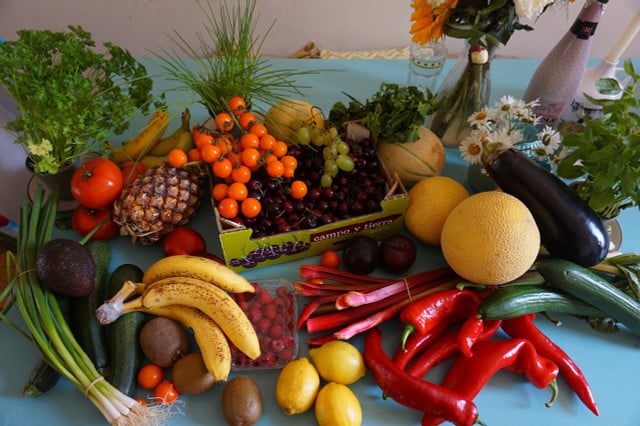
(Foto: CC0 / Pixabay / Mittmac)
The USDA created My Healthy Plate as a simple guide to help Americans follow a balanced diet containing the optimal amounts of the specific nutrients we need for health. Nutrients can be divided into macronutrients and micronutrients. The macronutrients are carbohydrates, fats, and proteins, while the micronutrients refer to vitamins and minerals.
Getting the right amounts of these essential molecules depends on eating a varied diet from multiple food groups that are primarily plant-based. But putting the right foods into our bodies is just the first step of the digestive process. Our system must then break the foods down, and nutrients must be absorbed into the bloodstream so they can be used by our body cells. This last step is not always as simple as it sounds.
How available the nutrients in food are to our bodies is referred to as bioavailability. Many things can affect the bioavailability of nutrients in food — including malabsorption disorders, obesity, medications, and age. Antinutrients also affect how we absorb many of these essential nutrients — so let’s take a look.
Antinutrients and Bioavailability of Nutrients
Plants are rich in compounds called phytochemicals, many of which have massive health benefits for us, but some of which can be considered antinutrients. What the exact effects of these compounds are is an area of active research and debate. Studies to date seem to agree that:
- Most antinutrients are removed during cooking and processing.
- Antinutrients do affect the bioavailability of some essential nutrients.
- The health benefits of eating these plant foods outweigh the potential adverse effects — except in rare situations of allergy, intolerance, or among vegans eating a very limited diet.
- Plant-based diets which contain antinutrients also contain thousands of other compounds in the food matrix that counteract their potentially negative effects.
Phytate in Beans, Seeds and Grains
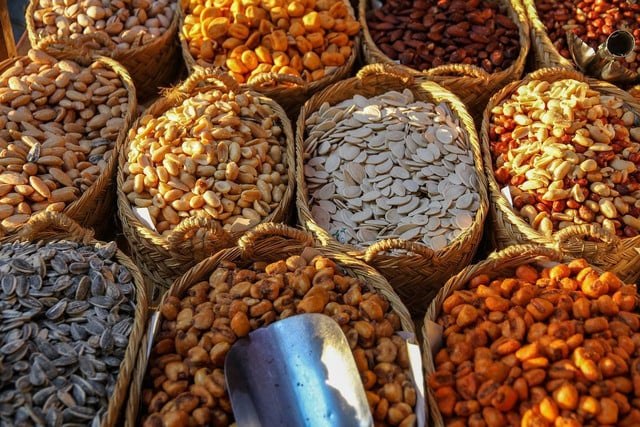


(Foto: CC0 / Pixabay / RoDobby)
Phytate — or phytic acid — is primarily found in different types of legumes, seeds, and grains. The highest concentrations of phytic acid are found in raw and unprocessed varieties of these plant-based foods. We rarely eat these foods raw, so phytates are of minimal concern unless you are eating massive amounts of one food group and little else.
This antinutrient reduces the absorption of minerals from the gut — including iron, zinc, calcium, and magnesium. The compound might also play a role in reducing the risk of several conditions — including diabetes, cancer, and Alzheimer’s thanks to its antioxidant and anti-inflammatory properties.
Tannins: Antinutrients Vegans Should Be Aware Of



(Foto: CC0 / Pixabay / yana_tik)
Tannins are a better-known class of chemicals called polyphenols, one of the most widely occurring plant compounds. They are very good at binding to free metal ions, like iron, copper or zinc — disrupting how we absorb them.
Because the iron in red meat is not affected by these anti-nutrients, people on a vegetarian or vegan diet are more likely to be affected. Some of the tastiest dietary sources of tannins include tea, raspberry leaf tea, coffee, wine, and chocolate. Many nutrient-dense superfoods — like berries, nuts, and grains — also contain tannins. Eating a mixture of foods eliminates the negative effects of tannins on bioavailability.
Enzyme Inhibitors
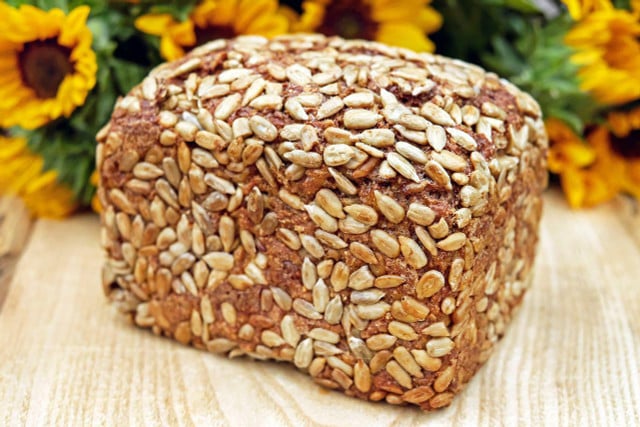


(Foto: CC0 / Pixabay / 1195798)
Enzyme inhibitors are also widely distributed among many plants. Again, we find high levels in seeds, grains and legumes. These plant chemicals interfere with our protein digestion by inhibiting some of the digestive enzymes we rely on for breaking protein down into amino acids we can absorb.
These antinutrients are also drastically reduced by cooking, heating, and soaking — so are not much of a cause for concern. Enzyme inhibitors rarely cause major protein deficiency unless you are eating a limited diet of only these foods.
Lectins: A Highly Discussed Antinutrient
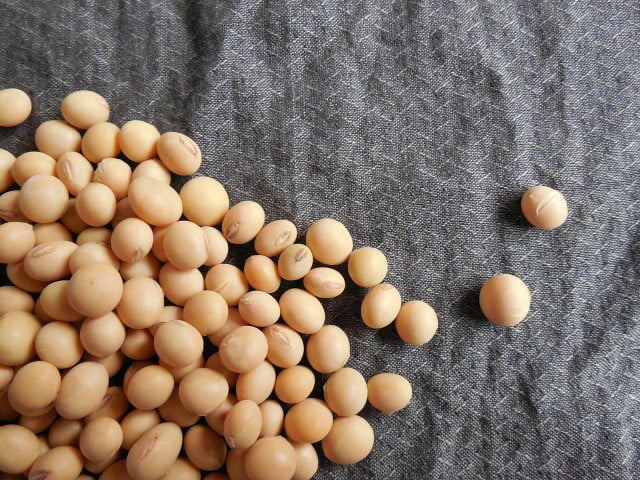


(Foto: CC0 / Pixabay / Jing)
Lectins are proteins found in all plants. They are found in high concentrations in raw legumes — beans, lentils, peas, soybeans, peanuts — and whole grains. Again, we rarely ingest these foods raw, and processing, heating, and cooking all reduce lectin content.
Lectins can interfere with calcium, iron, phosphorus, and zinc absorption. Some theorize that lectins can damage the gut and cause inflammation and autoimmune disease, but in reality, eating foods with a high amount of active lectins is exceptionally rare because we do not eat these foods raw.
As the Harvard School of Public Health writes: Theories that lectins are dangerous “have fueled the profitable anti-lectin movement, spawning bestselling books and enzyme supplements to prevent lectin activity in the body.” They stress that there is no reliable proof for these theories, however.
Oxalates
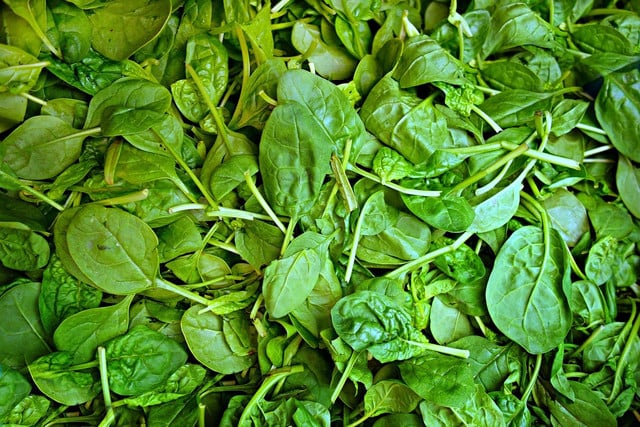


(Foto: CC0 / Pixabay / MabelAmber)
Oxalates bind to dietary calcium to form calcium oxalate crystals that cannot be absorbed by the body. This is why calcium deficiency can be a concern for vegans. There are many easy and delicious sources of calcium for vegans, so eating a healthy and varied diet is key.
Foods that are high in vitamin C can increase the body’s oxalate levels because vitamin C converts to oxalate. Oxalates are a major component of kidneys stones, so foods that are high in oxalates — like spinach and soy — should be avoided if you suffer from stone formation.
Glucosinolates
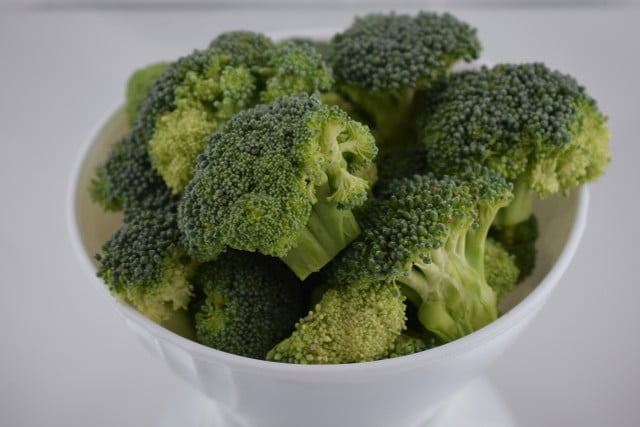


(Foto: CC0 / Pixabay / ExplorerBob)
Glucosinolates are sulfur-containing compounds found in nutritious cruciferous vegetables — including broccoli, kale, and Brussels sprouts. Glucosinolates have been theorized to suppress the thyroid gland’s ability to take up iodine and convert it into thyroid hormones. Among other functions, these hormones are critical for regulating metabolism. Research does not, however, recommend that these foods be removed from the diet — even if you suffer from an underactive thyroid gland.
Saponins



(Foto: CC0 / Pixabay / StockSnap)
Saponins are a class of bitter-tasting compounds that occur naturally in plants. They are found in high numbers in grains and legumes and also accumulate in tea, potatoes, onions, garlic, sugar beets, and asparagus. These anti-nutrients possess a wide range of beneficial properties and are an ingredient in many traditional remedies.
Saponins have been linked to damaging red blood cells, inhibiting enzymes, and interfering with thyroid function. Some saponins are man-made for scientific or industrial purposes. It should be noted that the low levels of saponins in foods only appear to become toxic when consumed at higher concentrations in the diet.
How to Reduce Antinutrients
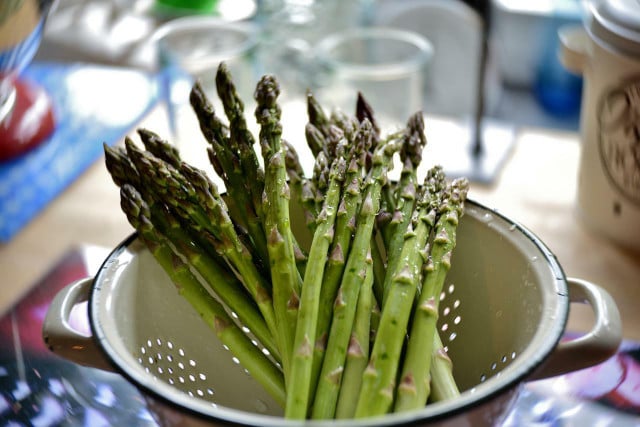


(Foto: CC0 / Pixabay / YvonneHuijbens)
If you are concerned about consuming too many antinutrients, there are several approaches you can take to reduce them in your diet:
- Follow a balanced diet
- Eat a variety of plant-based foods from a variety of food groups
- Avoid eating large amounts of the same foods
Depending on the specific type of food, you can use one or more of the following preparation methods to reduce the antinutrient content:
- Soaking
- Heating
- Steaming
- Boiling
- Fermenting
- Sprouting
Read more:
- Low FODMAP Fruits: The Diet Explained & 9 Fruits You Can Still Eat
- 7 Foods That Are Natural Probiotics
- Why Drink Fair Trade Coffee? Facts, Myths, and Brands
Important Information regarding Health-related Topics.
** Links to retailers marked with ** or underlined orange are partially partner links: If you buy here, you actively support Utopia.org, because we will receive a small part of the sales proceeds. More info.Do you like this post?






